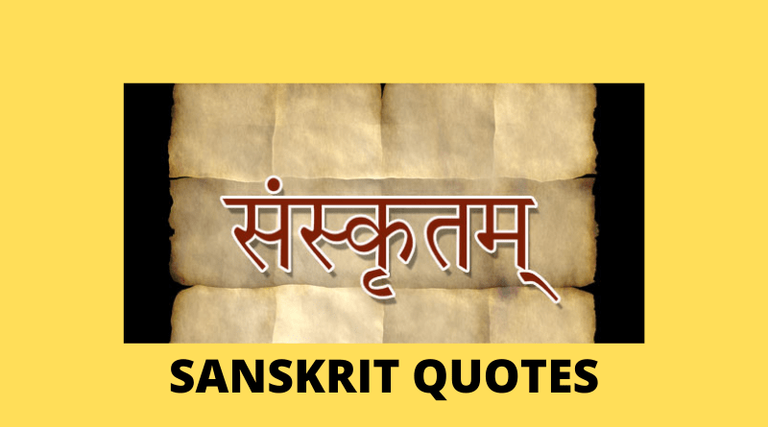It has always been said that to gain knowledge and understanding of various subjects, one should spend and devote themselves in learning and practicing. Gaining knowledge generally requires hard work, as it involves actively seeking out information, processing it, understanding complex concepts, and often applying that knowledge in different situations, which demands dedication and effort. However, in some cases, people pretends to be learned by associating themselves with learned and qualified person.
To elaborate on this, our Sanskrit scholar has following to say :
यस्य नास्ति स्वयं प्रज्ञा केवलं तं बहुश्रुतः|
न स जानाति शास्त्रार्थं दर्वी सूपरसानिव||

Yasya naasti svyam pragyaa kevalam tam bahushtutam.
Na s jaanaati shaastraartham darvee sooprasaaniva.
Yasya = whose.
Naasti = na + asti.
Na = not. Asti= is.
Svyam = one's self.
Pragyaa = intelligence. wisdom. Kevalam = only.
Tam = he.
Bahushrutam = one who has listened to the discources of scholarsregularly over a long period,
Sa = he.
Jaanaati = knows.
Shaastrartham = shaastra + artham. Shaastra = scriptures, treatises on various disciplines of learning.. Artham = interpretation, meaning. Darvee = a spoon or a ladle Sooparasaaniva = soopa + rasaan + iva. Soopa = an open ended triangular basket made of cane used to thresh wheat or other foodgrains etc.
Rasaan = various liquids, cooked food etc.
Iva = like that of.
A person, who is not intelligent and wise but has only listened to the discourses of learned persons by always remaining associated with them,can not know and interpret the scriptures and
treatises of various disciplines of learning. His position is just like a ladle and a 'Soopa', the former used for serving liquid food items and the latter for thrashing foodgrains etc.
Although 'ladle' and 'Soop' always remain in contact with various liquid and solid food items, they remain unaffected by such association. Similarly an unintelligent person simply by associating himself with learned persons can not interpret various treatises of learning and remains ignorant.
